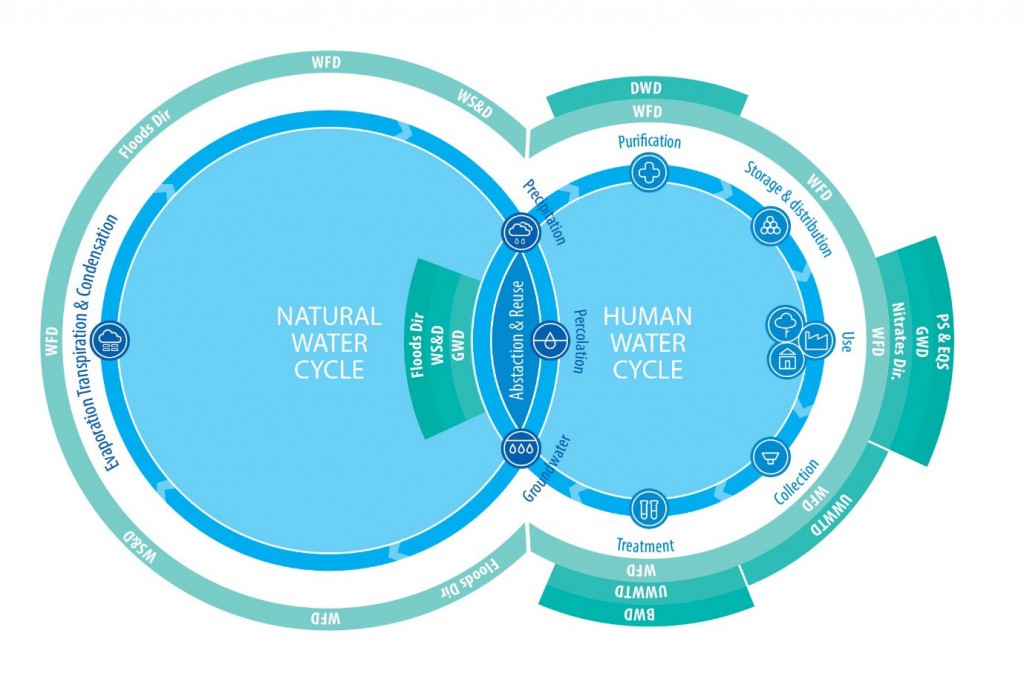- Client: European Parliament's Committee on Environment, Public Health and Food Safety (ENVI)
- Implementation period: January, 2014 - December, 2015 (Completed)
- Geographic coverage: European Union
- Theme: Environment
- Topic:
- Experts: Lisa Eichler, Rob Williams
If existing EU water-related legislation were to be fully implemented, and all water bodies to achieve a ‘good’ status ranking, the combined annual benefits could be at least 2.8 billion Euro.
The European Parliament has repeatedly expressed concern over the implementation of the Water Framework Directive (WFD), which provides a solid legislative basis for long-term integrated water management in the EU. This study reviewed the existing evidence and detailed the implementation gaps.
The key finding of the research is that the WFD has the potential to bring about substantial savings on water treatment. This study estimates that if existing EU legislation were to be fully implemented, and all water bodies to achieve a ‘good’ status ranking, the combined annual benefits could be at least 2.8 billion Euro.
In addition to the examination of implementation issues, five cases were looked at to assess the need for more European action and to quantify the cost of ‘non-Europe’. The assessment identified four policy challenges, where the absence of European action leads to a cost of non-Europe of 25 billion Euro annually:
- The implementation of the Programmes of Measures, especially with regard to flood plain restoration, is hindered by the lack of effective tools to design the most cost-effective measures to achieve the goals set in the legislation. The ensuing delayed restoration of 8.8 million hectare of floodplains across Europe leads to a cost of non-Europe of 15.2 billion euro per year.
- Existing legislation lacks effective measures to prevent pollution by at source, including regulations for product authorisation, to reduce the level of pharmaceutical residues in urban waste water streams. The absence of these measures and the related water treatment costs leads to a cost of non-Europe of 9 billion euro per year.
- The absence of European criteria for maximum water consumption by showerheads and water taps, and the current exclusion of showerheads and water taps in the Eco-design Directive, leads to a cost of non-Europe of 1.2 billion euro per year.
- Current policies on water pricing lack complementary rules on the mandatory use of water meters by end-users. Water pricing on a volumetric basis is a proven incentive for reducing the use of fresh water and also leads to lower water bills. The absence of water meters in households leads to a cost of non-Europe of 200 million euro per year.
